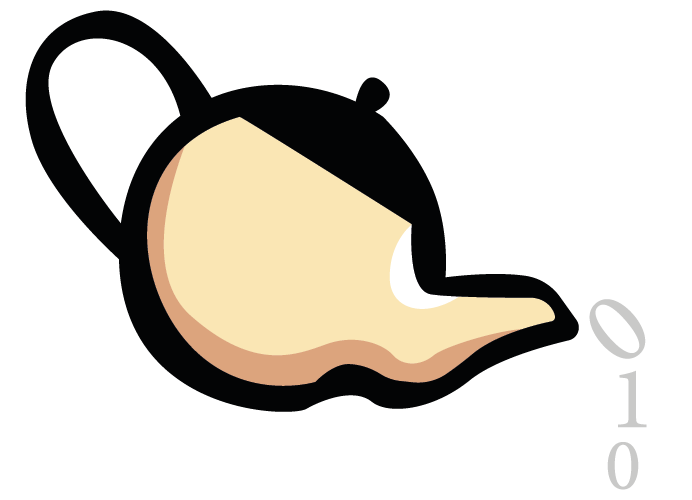Trademarks and open source software
Open source is a term used to cover permissive licenses for software. Generally speaking, if software is covered by an open source license, you have a right to the source code for that software, as well as the ability to modify that software and distribute your changes to others.
What are Trademarks?
“A trademark, trade mark, or trade-mark is a recognizable sign, design or expression which identifies products or services of a particular source from those of others.”
A trademark gives the trademark holder the right to control who and when a trademark can be used by others.
Trademarks and Open Source
Open source projects give away an awful lot. They have very little control over the source code for instance. Unlike a commercial product, they have no secret sauce that stops others from distributing their project as their own.
Projects only have one tool in their armory: one or more trademarks. Whilst anybody can take a project’s source code and distribute it under any name they care to use. They may not distribute their version of the project using the trademarked name.
Problems with Trademarks and Open Source
A trademark introduces a legal duty to defend the mark against people or organisations using the mark without permission. When lawyers start to become involved in open source software it may not sit too comfortably with the community.
Keir Thomas wrote a Ubuntu Pocket Guide and Reference book. Canonical, the people who maintain the Ubuntu Linux distribution, had a few issues with Keir’s use of the Ubuntu trademark on the site where he is marketing his book. That does sound a bit heavy handed on Canonical’s side. But, just because one party has been heavy handed doesn’t automatically mean that trademarks are all incompatible with open source.
The driving force behind open source is to ensure that users can customise their software and distribute their changes to whomever they like. It does not say that they should be able to distribute their changes under the umbrella of the original project. A free for all where anybody could distribute any project using whatever name they liked would seriously compromise open source quality and would make open source acceptance in business much harder.
If you want a copy of Ubuntu to install on your server, you need to know that you are installing a pucca copy of Ubuntu.
The biggest friction point for an open source project is the point at which the project becomes successful enough to sustain a large community. The project founders will likely wish to create a legal entity into which the assets of the project will be parked. The point at which the project becomes professionalised may disturb people who have been using the project name freely up until that point.
If you wrote a book about an open source project, you may have freely used the project name in your book. Prior to the project name being registered as a trademark this would not be a problem for either the author or the project admins. The project admins would probably be grateful for the attention and documentation. After the trademark is registered, the author may not realise that they then need permission to use the project name in subsequent editions.
People often get upset when a project name that was previously as open as the project source code, changes to being proprietary.
Update 1: Ethan Galstad on why Nagios requires a trademark.
Update 2: Fleshed matters out quite a lot. All a bit vague before.

